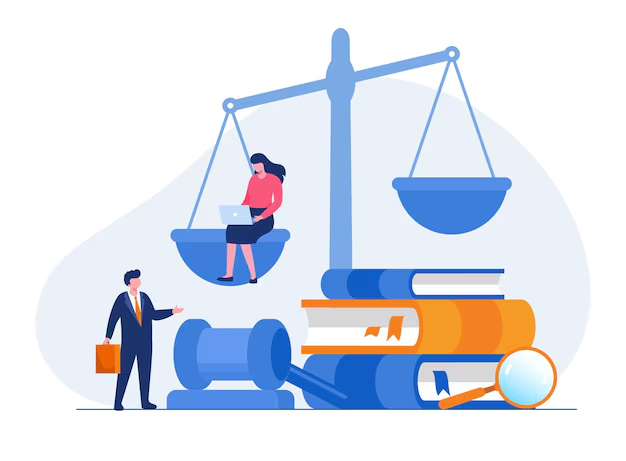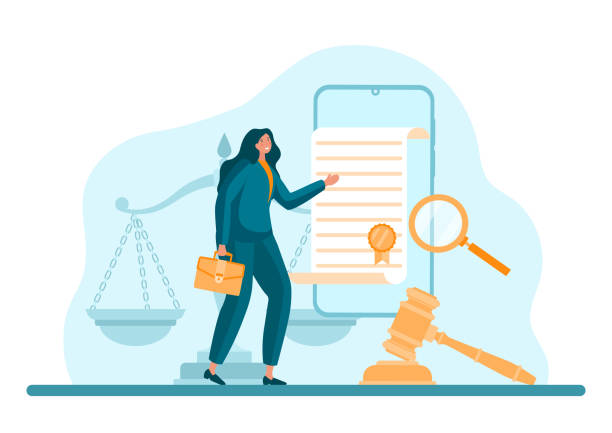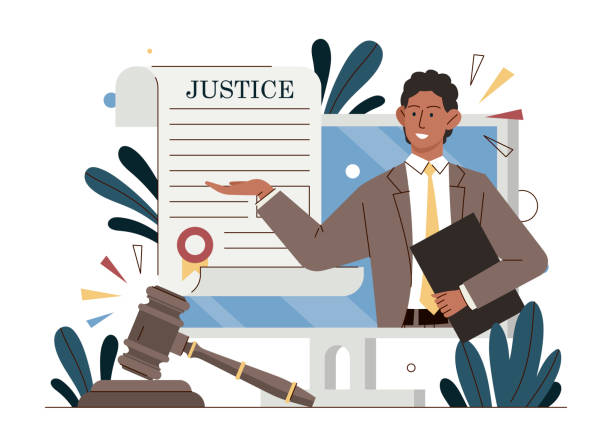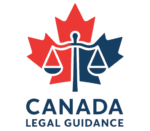Employment Law

Were you unfairly terminated from your job? Are you being treated differently because of your gender, race, or disability? Are you unsure if you’re entitled to overtime pay or severance? Do you have questions about your workplace rights? Are you worried about a non-compete clause in your employment agreement?
Employment law governs the relationship between employers and employees, and understanding your rights can help you address workplace issues effectively. We can guide you on the basics of employment standards, such as minimum wage laws, overtime rules, and termination requirements, so you know what protections are in place.
If you believe you’ve been wrongfully terminated, we can outline steps to document the situation and file a complaint with the appropriate labor board or human rights commission. We’ll explain common terms like “constructive dismissal” or “just cause” so you can better understand your options.
For workplace harassment or discrimination, we can guide you on how to gather evidence, report the issue to your employer, and escalate the matter to relevant authorities if necessary. Knowing your rights under human rights legislation can empower you to take action confidently.
Whether you’re negotiating an employment contract or dealing with a workplace dispute, our role is to provide you with a framework for understanding your situation and exploring potential next steps. With the right tools and knowledge, you can advocate for yourself effectively in the workplace.
Understanding Employment Law Basics
Employment law sets the foundation for workplace interactions. It defines essential elements like employment contracts, wages, hours of work, and workplace safety standards. Whether you’re a new hire or a seasoned professional, knowing the basics is crucial.
Key questions include:
- What differentiates an employee from an independent contractor?
- What should an employment contract include?
- What are your basic rights under employment standards legislation?
Knowing these answers ensures you start your employment on the right foot and protects you from potential misunderstandings down the line.
Hiring and Onboarding
The hiring process is the first step in the employer-employee relationship. Employers must adhere to laws prohibiting discrimination based on race, gender, disability, or other protected characteristics.
When starting a new job, ensure you:
- Carefully review your employment contract for clarity on job roles, salary, benefits, and non-compete clauses.
- Understand probationary periods and their implications.
Know your rights during background checks and interviews.
Employee Rights and Protections
Employment laws protect workers against unfair practices, ensuring fair treatment and equality. Here are some critical rights:
- Minimum Wage and Overtime: Employers must comply with minimum wage laws and pay eligible employees overtime.
- Workplace Safety: You have the right to a safe work environment under occupational health and safety laws.
- Discrimination and Harassment Protections: Laws prevent workplace discrimination based on gender, race, age, religion, disability, or other protected statuses.
If these rights are violated, you may take legal steps to seek redress.
Employment Contracts
Your employment contract is a legally binding document that outlines your rights and obligations. Common elements include:
- Probationary Periods: Employers may terminate employment within this time, but the terms must comply with labor laws.
- Non-Compete and Non-Solicitation Clauses: Understand how these clauses may limit your post-employment opportunities.
- Termination Clauses: These specify notice periods and severance entitlements.
Resolving Workplace Disputes
Disputes are inevitable in any workplace. Whether it’s a disagreement over pay, hours, or working conditions, knowing how to resolve conflicts is vital.
Steps include:
- Documenting the issue and your efforts to address it.
- Seeking mediation or arbitration as an alternative to litigation.
Filing a formal complaint with your employer or the relevant government authority if necessary.
Termination of Employment
Losing a job can be a stressful experience. Understanding your rights during termination can make the process more manageable.
- Wrongful Termination: If you believe your dismissal was unfair, document the circumstances and seek legal guidance.
- Constructive Dismissal: If your working conditions have been altered significantly, you may be able to claim constructive dismissal.
- Severance Pay: Ensure you receive any entitlements under your employment contract or common law.
Compensation and Benefits
Understanding your compensation package ensures you’re receiving what you’re entitled to. Key areas include:
- Overtime Pay: Ensure you’re compensated for hours worked beyond the standard workweek.
- Vacation Pay: Verify your entitlements under provincial or federal laws.
- Bonuses and Commissions: Know how these are calculated and when they’re paid.
Empowering Yourself Through Knowledge
Employment law provides a framework for addressing workplace challenges and ensuring fair treatment. Whether you’re negotiating a contract, addressing a dispute, or seeking justice after wrongful termination, understanding your rights is the first step.
If you’re facing workplace challenges, don’t hesitate to seek legal guidance by way of an appointment with Canada Legal Guidance. By taking proactive steps, you can protect your rights and work towards a resolution with confidence.
Why Choose Our Legal Consultation Services?
Affordable and Accessible

Affordable and Accessible
Navigating legal challenges can feel overwhelming, but getting reliable guidance shouldn’t break the bank. Our 30-minute consultations are designed specifically for individuals and businesses who need clear, actionable legal advice at a low cost. Whether you’re dealing with a contract issue, employment dispute, or have questions about your rights, we provide you with the answers and direction you need — quickly and professionally.
Personalized Guidance

Personalized Guidance
Every legal situation is different, and a one-size-fits-all approach simply doesn’t work. That’s why we offer tailored legal solutions carefully designed to address your specific needs and circumstances. Whether you’re facing a personal legal issue, managing a business concern, or seeking guidance on complex matters, our approach is customized to provide the most effective and practical outcomes for you.
No Commitment Wasted

No Commitment Wasted
We believe in complete transparency and fairness when it comes to payments. Rest assured, your payment will only be processed once your case is accepted, giving you peace of mind before you commit. To ensure the highest level of security, we use Stripe’s trusted and secure payment gateway. Your credit card information is encrypted, safeguarded, and never stored on our servers, so you can confidently book your consultation without any worries about data security.
Secure and Confidential

Secure and Confidential
We prioritize your privacy and security at every step. All your personal information and payment details are fully protected using industry-leading encryption and security protocols. With our partnership through Stripe’s trusted payment gateway, your sensitive data is safeguarded and never stored on our servers.
